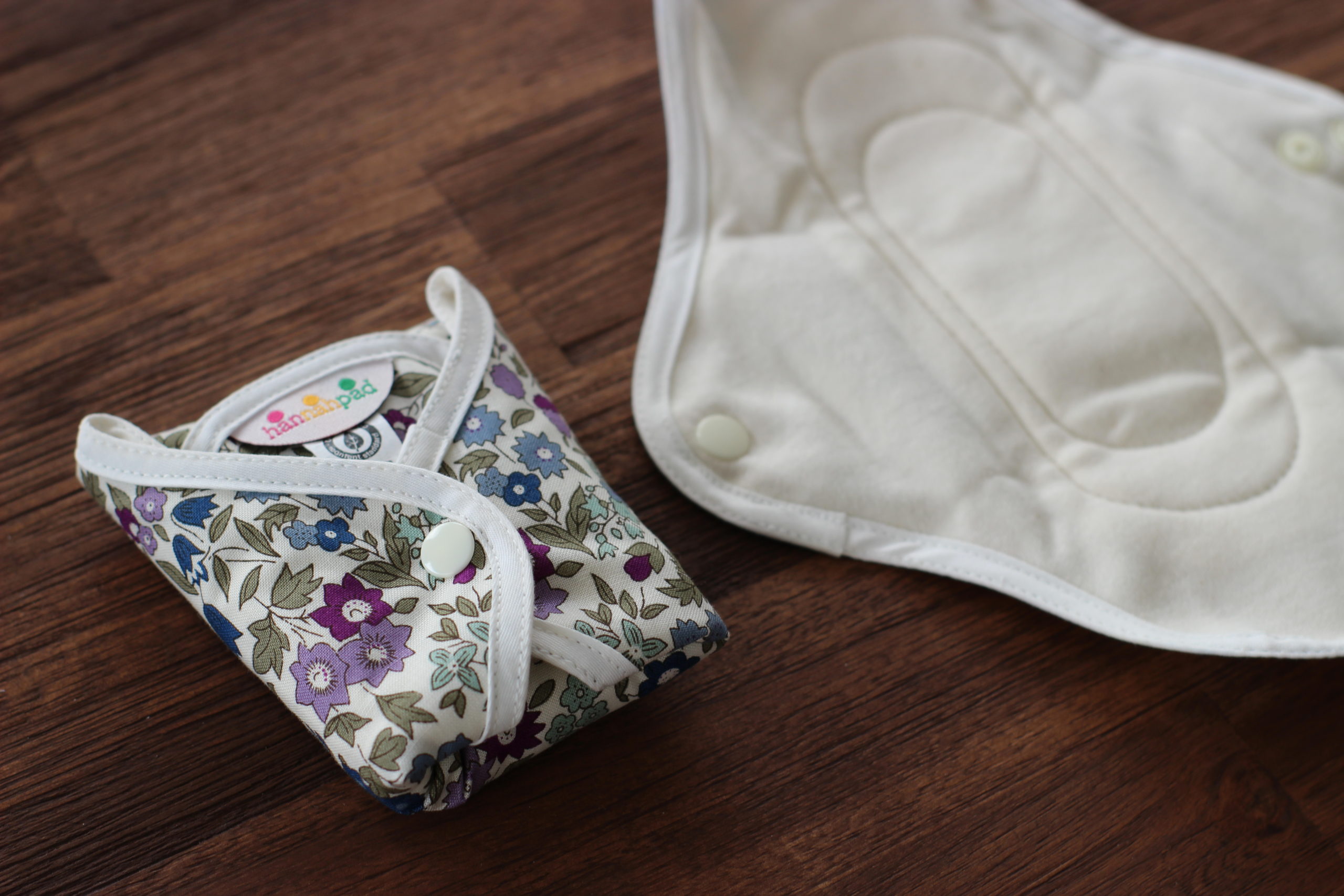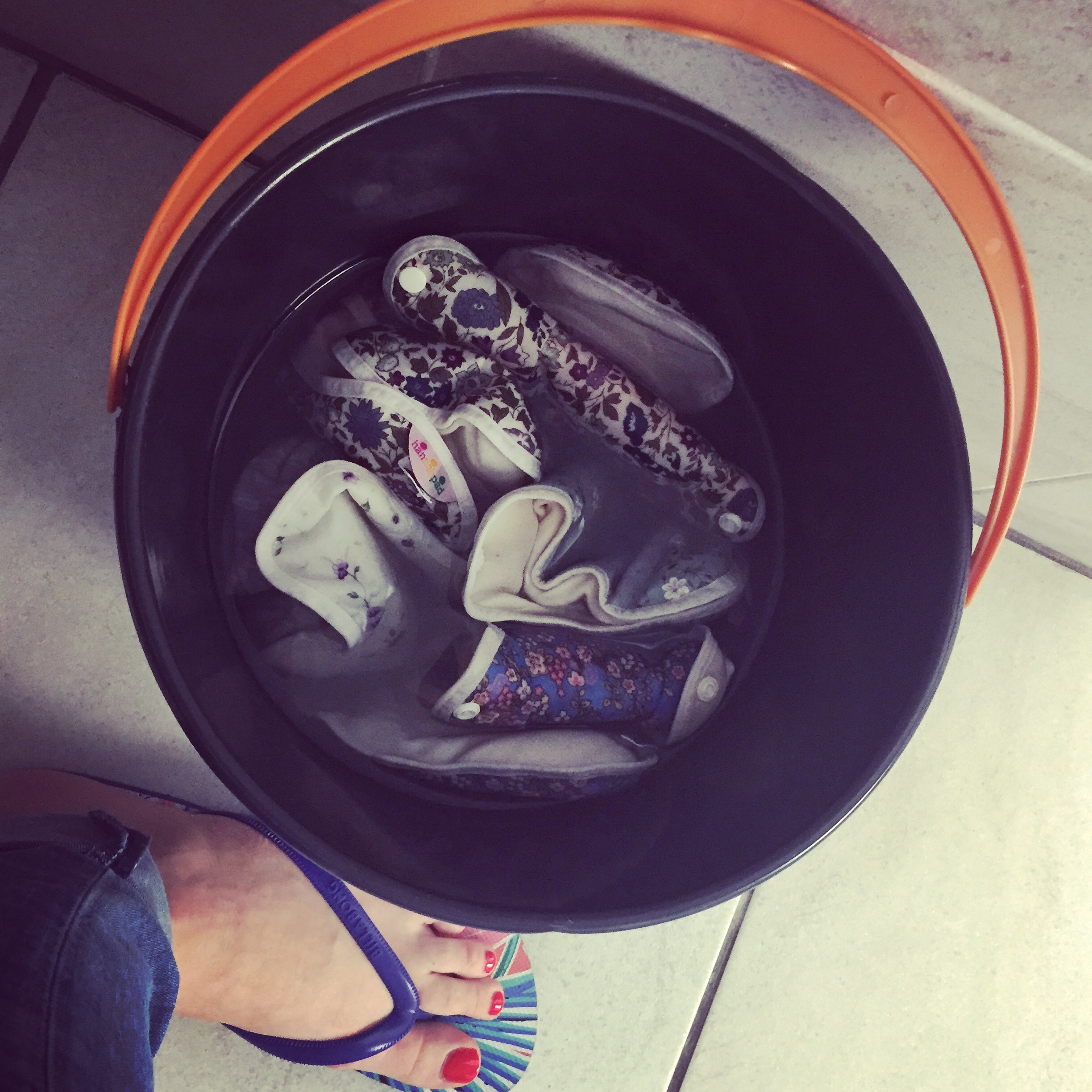Ovulation, the release of an egg from a mature follicle in the ovary, is a cornerstone of women’s health. Yet, many women don’t fully understand its significance beyond pregnancy. In reality, ovulation plays a crucial role in regulating our hormones, bone health, energy levels, and even mood.
In my work that specialises in women’s health education, I am frequently emphasise the importance of understanding and supporting ovulation. Ovulation triggers a cascade of hormonal changes throughout the menstrual cycle, influencing various bodily functions. These include:
- Oestrogen production: Oestrogen is essential for healthy bone density, vaginal lubrication, and mood regulation. Ovulation triggers the production of oestrogen, ensuring its optimal levels throughout the cycle.
- Progesterone production: Progesterone, secreted after ovulation, balances the effects of estrogen, regulates the menstrual cycle, and prepares the body for pregnancy.
- Thyroid function: Ovulation stimulates the thyroid gland, which governs metabolism and energy levels.
- Blood sugar regulation: Balanced hormones, particularly progesterone, stabilise blood sugar levels, reducing the risk of diabetes and metabolic syndrome.
How Ovulation can be Disrupted
Unfortunately, many factors can disrupt ovulation, impacting overall health and well-being. Some of the most common culprits include:
1. Hormonal Contraceptives:
- Oral contraceptive pills: These pills contain synthetic hormones that suppress ovulation and can lead to nutrient deficiencies and hormonal imbalances over time.
- Mirena IUD: This intrauterine device releases a progestin hormone that can thin the uterine lining and suppress ovulation in some women.
2. Stress:
Chronic stress disrupts the delicate balance of hormones, including those involved in ovulation.
3. Nutritional Deficiencies:
Inadequate intake of key nutrients such as vitamin D, zinc, and magnesium can impair ovulation.
4. Underlying Health Conditions:
Polycystic ovary syndrome (PCOS), thyroid imbalances, and other health conditions can directly affect ovulation.
5. Overtraining:
Excessive exercise can stress the body and disrupt hormonal balance, potentially leading to anovulation.
Supporting Ovulation Naturally
Fortunately, there are many natural ways to support healthy ovulation and optimise your hormonal health:
- Prioritise a nutrient-rich diet: Focus on whole, unprocessed foods rich in fruits, vegetables, whole grains, lean protein, and healthy fats.
- Manage stress effectively: Practice stress-reduction techniques like yoga, meditation, or deep breathing.
- Get enough sleep: Aim for 7-8 hours of quality sleep each night.
- Exercise regularly: Engage in moderate exercise most days of the week.
- Optimise your vitamin and mineral intake: Consider consulting a naturopathic doctor or nutritionist to identify potential deficiencies and find appropriate supplements.
- Consider natural progesterone: Bioidentical progesterone can help regulate the menstrual cycle and support ovulation in some cases.
Understanding your cycle and supporting regular ovulation is crucial for long-term health and well-being. By addressing any underlying imbalances and making healthy lifestyle choices, you can empower your body to ovulate naturally and enjoy the benefits of balanced hormones throughout your cycle. Remember, every woman’s body is unique, and it’s important to work with a qualified healthcare professional to develop a personalised plan that supports your individual needs.



